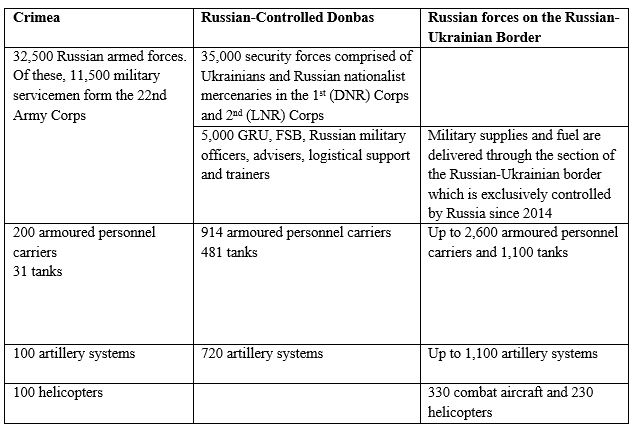

Think of the wide-scale provision of weapons and lethal equipment to Ukraine, the enhanced military presence on the European Union’s and NATO’s eastern flank, the announcements of increased defence spending in Europe, the sanctions designed to disable the Kremlin’s war machine or the calls for Ukraine to be speedily brought into the EU. Such questions have already found material form. Despite the analytical fog that shrouds Russia’s war, discussions increasingly focus on how European countries should support Ukraine, how Europe and the United States should view and engage with Russia during and after the conflict and to what extent Europe should bolster its own defences. No one knows how – or when – Russia’s war on Ukraine will end and the effects on European security over the medium to longer term (i.e.

When war hits, some degree of analytical humility is required.


 0 kommentar(er)
0 kommentar(er)
